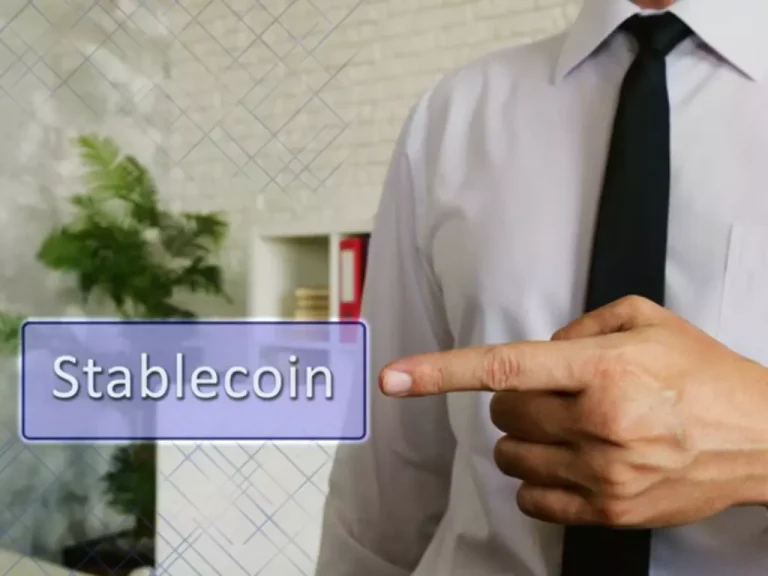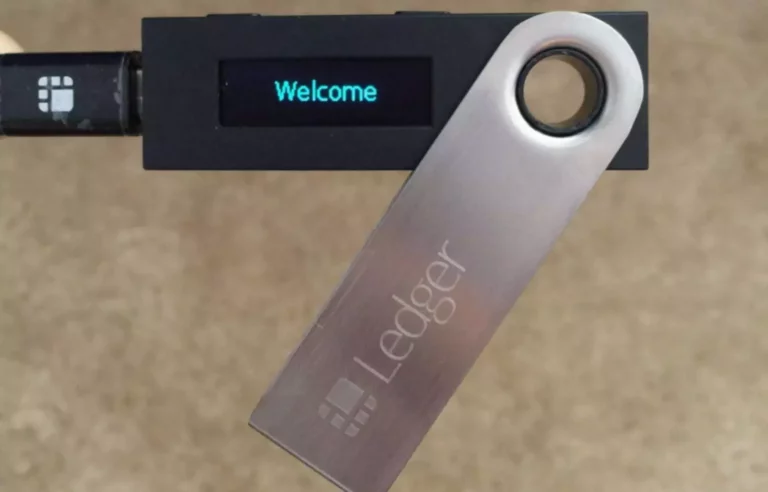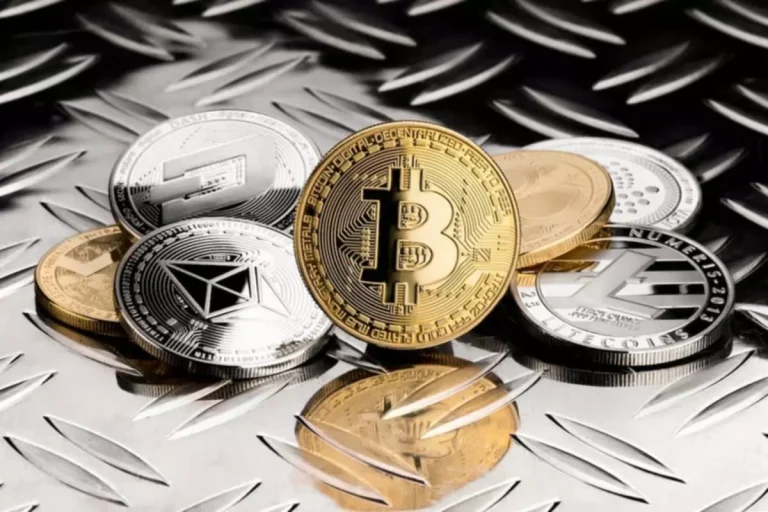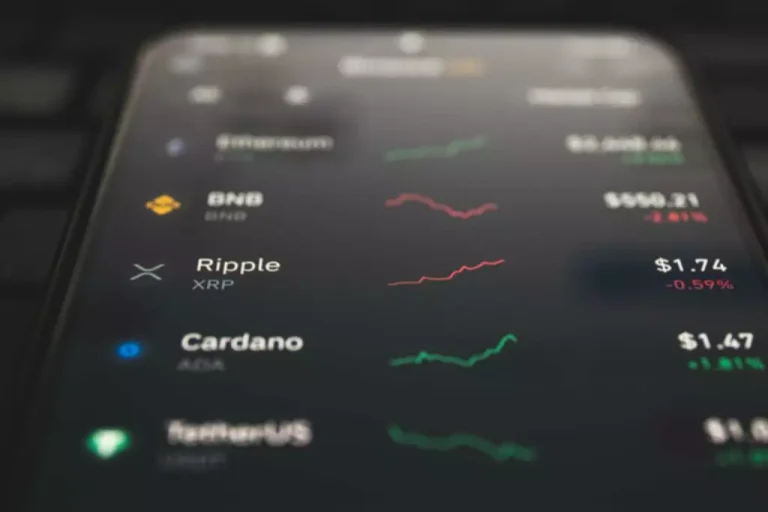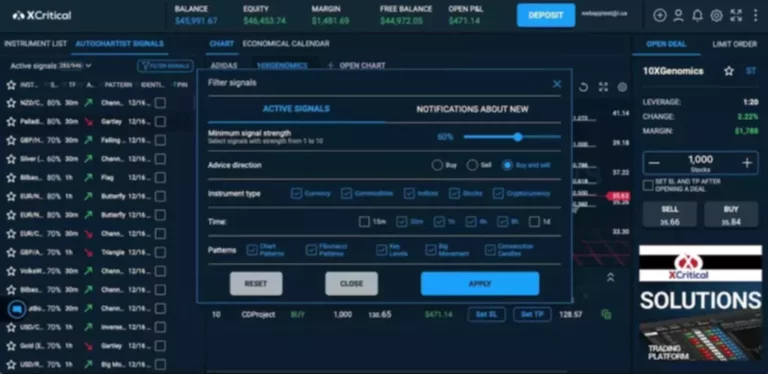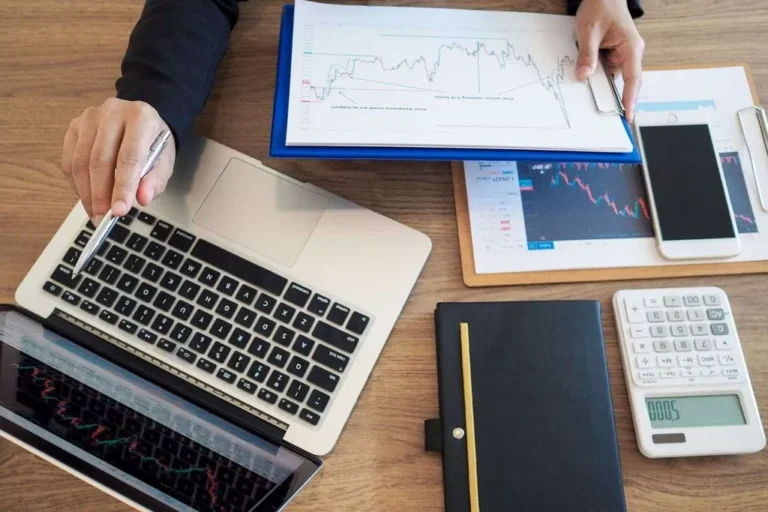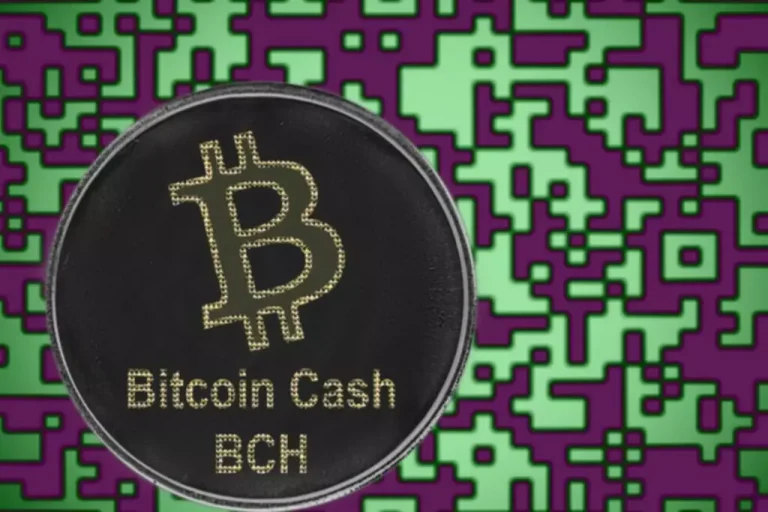Wallets prioritize secure storage and direct transactions, making them ideal for long-term asset management. In contrast, centralized exchanges focus on facilitating trading activities, catering to users’ needs to buy and sell their holdings. When it comes to receiving crypto payments, users need to provide their wallet’s public address, which acts like a bank account number, allowing others to send funds to the wallet. It is essential to ensure that the public address is accurate, as transactions on most blockchains are irreversible.
- But the list of disadvantages will be much longer – this makes exchange wallets a questionable choice.
- With normal cryptocurrency wallets, even the best ones such as Ledger Nano X and CoolWallet S, you are solely responsible for the security of your funds.
- Just like a real wallet, if you lose it or forget all the access passes, no one can help you and your funds are lost.
- Here’s what you need to know about both the two, and why you want to use a crypto exchange, and also maintain a crypto wallet.
We will cover some crucial distinctions between them in the section below. In conclusion, the choice between a crypto wallet and an exchange is a crucial decision for any cryptocurrency enthusiast. The “Crypto Wallet Forex Vs Crypto Buying And Selling Understand The Differences vs Exchange” debate boils down to your individual needs, preferences, and investment goals. If you prioritize security, privacy, and control over your funds, a crypto wallet may be the right choice for you.
Step 2: Record your new wallet address (or addresses)
You can invest with a simple buy and sell order, which allows for a medium-term to long-term investment, or you can invest in other ways, such as loans. If you’re planning on investing in Bitcoin, you’ll need to compare bitcoin wallet vs exchange. A wallet is essentially a program that allows you to store all of your Bitcoin. Look for reviews that specifically focus on the features and services you are interested in, and take note of both positive and negative comments. Reviews can provide valuable information on how user-friendly and reliable a particular wallet or exchange is, as well as any issues or challenges faced by users.
As 2024 unfolds, the eyes of the crypto world are keenly fixed on Algorand (ALGO) price prediction, a beacon of innovation in the blockchain landscape. Known for its breakthroughs in speed and cost-efficiency, Algorand stands as a cornerstone for those dreaming of a scalable digital future. For enhanced security and ownership, it is recommended to keep your Bitcoin in a wallet, preferably a cold wallet, rather than on an exchange. Wallets are generally more user-friendly and straightforward, making them suitable for beginners. Exchanges, especially DEX platforms, can be more complex and require a learning curve for new users. CEX applications are ideal for beginners or those who prefer a more regulated environment with customer support.
Hot Wallets vs. Cold Wallets
Wallets can also provide the ability to swap different tokens, buy and sell crypto, or interact with different decentralized applications (dApps). The exchange also has the authority to place limitations on transactions, like withdrawal caps. Throughout crypto history, there have been a number of well-publicised exchange hacks that have cost large sums of money. Consequently, compared to utilising a personal wallet, using an exchange carries a greater risk of security breaches even though it may be more convenient for trading. On the other hand, when your digital funds are kept in an exchange account, sometimes referred to as an exchange wallet, you hand out part of that overall control over to the platform. Komodo Wallet is a non-custodial wallet, decentralized exchange, and crypto bridge all rolled into one app.
As users gain experience using cryptocurrencies and seek greater control over their assets, transitioning to self-custody wallets becomes increasingly appealing. To use a crypto exchange, users typically need to create an account, complete a Know-Your-Customer (KYC) process, and link their bank account or credit card. Once these steps are completed, users can deposit fiat currency or cryptocurrencies, execute trades, and withdraw their funds. Before delving into the best crypto wallet type, let’s briefly discuss private keys and how they relate to your mobile wallet. Whoever has the private key to a given wallet can transfer or withdraw funds from it. As such, properly securing your wallet’s private key is extremely important for making sure that the funds in that wallet are safe.
Step 3: Initiate the transfer from your custodial account
How much (if at all) you interact with your crypto wallet depends on the kind you use. There are different types of crypto wallets out there with varying combinations of attributes. Some, like the BitPay Wallet, come with added benefits of a free crypto debit card, opportunity to turn crypto into gift cards, plus other ways to spend crypto. In order to work towards maximising trading success, savvy traders utilise API trading technology and trading bots that facilitate automated trading.
By matching user buy and sell orders, exchanges allow the trading of cryptos while taking a fee or commission on each transaction. These platforms frequently offer a range of cryptocurrencies for trade in addition to security-enhancing features like encryption, two-factor authentication, and cold storage. Furthermore, the user experience can be impacted by the quality of the exchange’s mobile app, which makes trading convenient. A cryptocurrency exchange is a platform that allows you to buy, sell, and trade cryptocurrencies. Exchanges can be centralized, where a third party controls the platform, or decentralized, where trading occurs directly between users.
Both Exchanges and Wallets are used to trade crypto, but they aren’t the same thing either.
Exchanges offer a wide range of cryptocurrencies, providing users with ample options for asset diversification. The idea of a crypto wallet vs. exchange can be confusing for beginners because exchanges provide users with custodial wallets for different types of crypto. While users can use wallets like these to transact with or hold crypto, the wallet itself is owned and controlled by the exchange.
The main factor that separates hot wallets from cold wallets is internet connectivity. Internet-connected hot wallets are convenient for quick transactions and simple access, but they are also more vulnerable to online security breaches. The public key, also known as your wallet address, is shared publicly and is what others use to send funds to your wallet. Choosing between a crypto wallet and exchange is one of the main decisions any trader will need to take. Both allow you to store crypto but it is really up to you to decide which will benefit you in your trading journey in the long run. Without a doubt, however, once you learn how to trade Bitcoin and other currencies successfully you will want to look into getting your own private wallet.
What Is a Crypto Wallet?
DEX applications, on the other hand, are better suited for users seeking greater privacy, control, and a decentralized trading experience. DEXs provide a higher level of privacy because users don’t have to share their personal information with third-party entities. However, DEXs generally have lower trading volumes and fewer trading pairs, leading to lesser liquidity. They can also potentially access other decentralized finance (DeFi) services such as borrowing and lending without having to undergo a credit check.
Exchanges on the other hand are typically known to offer a wide range of trading pairs, investment opportunities, and advanced trading features. Choosing between a crypto wallet and an exchange can be overwhelming, especially for new users. This comprehensive comparison will walk you through the pros and cons of both options so that you can make an informed decision.
The main distinction between cryptocurrency exchanges and wallets is found in their features. They keep track of the cryptographic keys required to access and use digital assets on the blockchain. On the other hand, cryptocurrency exchanges serve as markets that make it easier to purchase, sell, and trade cryptocurrencies.
In the ever-evolving world of cryptocurrencies, two key players often find themselves in the spotlight — blockchain wallets and cryptocurrency exchanges. They can be useful for those who want to use crypto without having to go through an exchange. While desktop wallets allow users to hold their own private keys, they are still considered to be less than secure because those keys are held on an internet-connected device. The public key is derived from the private key and allows users to receive funds.

